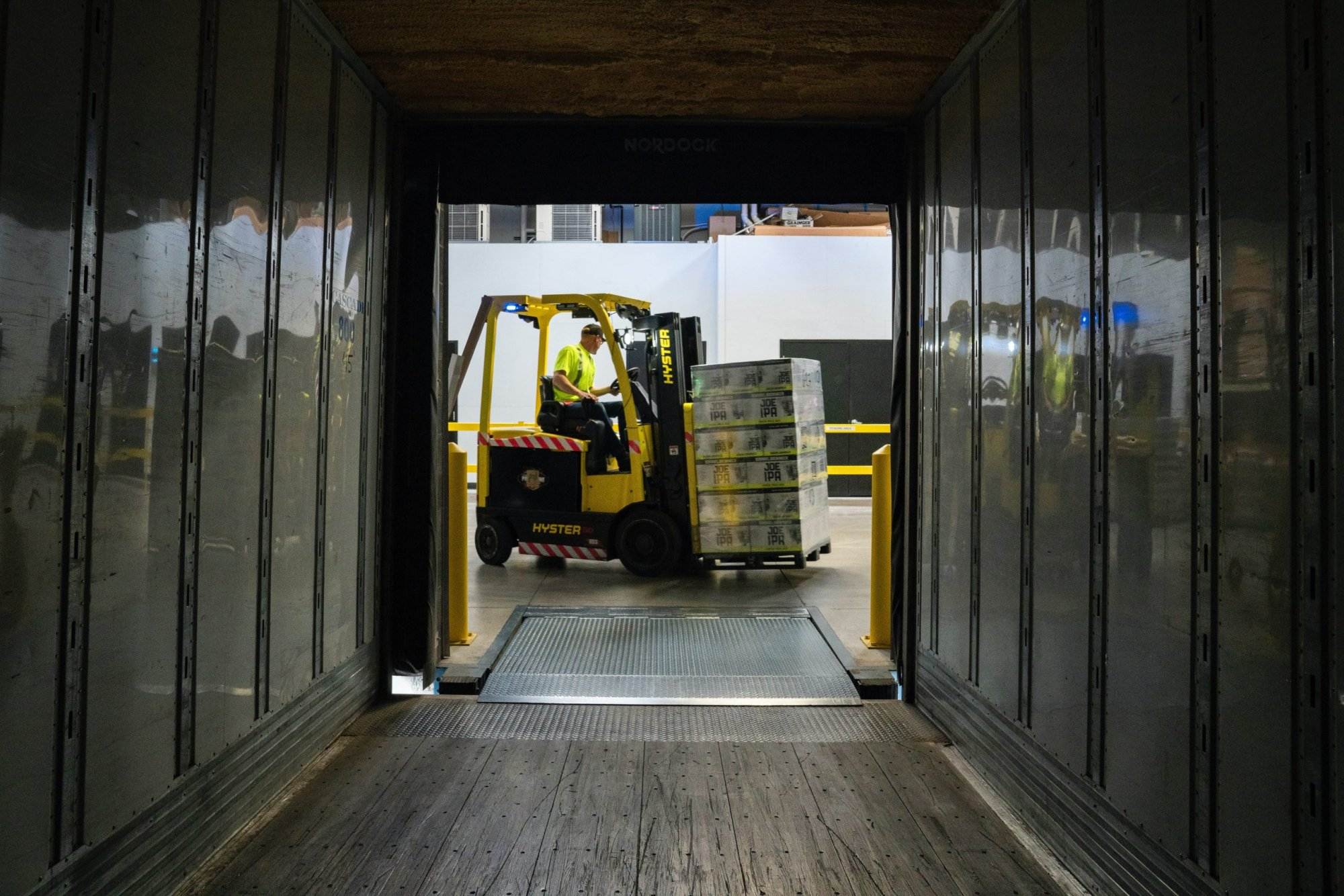By Shirley Jackson
As someone who spent many years working in warehouses across Melbourne, I was truly baffled to see the Prime Minister’s announcement that he was attempting to address labour shortages across the logistics industry by encouraging the states to allow under 18s to drive forklifts.
This was baffling for a number of reasons. Firstly, and most obviously, the fact that forklifts are difficult and dangerous machines to operate. They are notoriously easy to topple, are bad at navigating uneven ground, have unusual turning circles with rear wheel steering and stopping quickly isn’t an option. We don’t let people below a certain age operate them because they require a level of skill and concentration that isn’t appropriate developmentally before you turn 18.
Much like cars, motorbikes, trucks and cranes, the consequences of allowing people to operate vehicles without adequate training, experience and supervision can be deadly. Just a few days before the Prime Minister’s announcement, an experienced forklift driver was killed in a workplace accident.
However, this isn’t the only confusing aspect of this announcement. The most concerning thing is that lowering the age restriction on forklift licenses won’t solve the problem at the root of the labour shortage. With a 4.2% unemployment rate, there are currently already about 636,700 people looking for work who could be trained. The problem isn’t that we can’t find or train people – the problem is we’re in the middle of a pandemic.
Case numbers across Australia’s most populous, eastern state (where the majority of fulfilment and distribution centres are located) are in the tens of thousands daily, it’s little wonder that people are reducing their exposure as much as possible.
The Melbourne University’s mobility index shows that across Sydney and Melbourne, the distance that people travel has reduced to lockdown levels. Similarly, data collected by ANZ shows that our economic behaviour is limited, with spending in our two largest cities dropping to the lowest levels seen since the Delta variant caused lockdowns across the country.
So the question then becomes, what does increasing the eligibility of a few thousand younger people to gain a forklift license do to solve the problem? While the media is quick to report when young people break restrictions and go to parties, recent data shows that young people are very hesitant to do much of anything when case numbers are so high. They’re less likely to engage in enjoyable activities, like going to a party or a music festival, so what’s the likelihood that they’ll want to become forklift drivers? Doubtful at best.
This isn’t because young people or those who are unemployed aren’t willing to do work. It’s the same reason that older workers aren’t rushing to fill vacancies in industries experiencing staff shortages, from farms through logistics to hospitality: the jobs aren’t that great.
These industries are notorious for the worst behaviour from employers. Wage theft, exploitation, abuse and injury are rife across the food supply chains. Our nations farms were rocked by crisis in 2017, when an exposé showed the brutal realities of agricultural labour. Migrant workers were forced to endure long hours of hard labour for as little as $9 a week, often being expected to pay high prices for overcrowded accommodation and substandard equipment. Systemic abuse is rife across the industry, yet many who have benefited from these exploitative practices were the first to cry poor when migration slowed.
Similarly, in hospitality, rampant wage theft has been found to be a normalised practice across the entire industry. With underpayments totalling in the tens of millions across the industry and an estimated 79% of businesses failing to comply with minimum wage standards, is it any wonder that young workers aren’t looking to add “catch a once in a century plague” to their CVs?
The solution to all of these problems isn’t to conscript young people or change licensing laws for heavy machinery – we just need to make these jobs better.
If the government was serious about providing a solution to labour shortages in industries that supply the essentials, then there are a number of things they could do. First, they could extend the free TAFE program that has been so successful in Victoria, and offer funding to the other states to do the same, offering fee free study in priority courses that will fill skill shortages in crucial industries.
Secondly, they could announce a new round of JobKeeper style wage supports to encourage businesses to offer decent wages and hire more workers in targeted industries.
Third, they should make crucial Rapid Antigen Tests (RATs) free for workers in these industries, as well as paying for N95 masks and additional Personal Protective Equipment (PPE). Similarly, they could offer 10 days paid pandemic leave to all workers, to ensure that people will stay home and get tested, reducing the likelihood of outbreaks in crucial fulfilment and distribution centres.
Finally, the government should offer investment to state and federal authorities with responsibility for enforcement of industrial standards. WorkSafe and the Fair Work Ombudsman are woefully underfunded, and increasing their inspectorate could go along way to making these workplaces safer and more secure for the essential workers who staff them.
By investing in making these jobs better, safer and easier to enter, the government could go a long way towards solving pandemic-related labour shortages in essential industries – and they won’t need kids in forklifts to do it.

